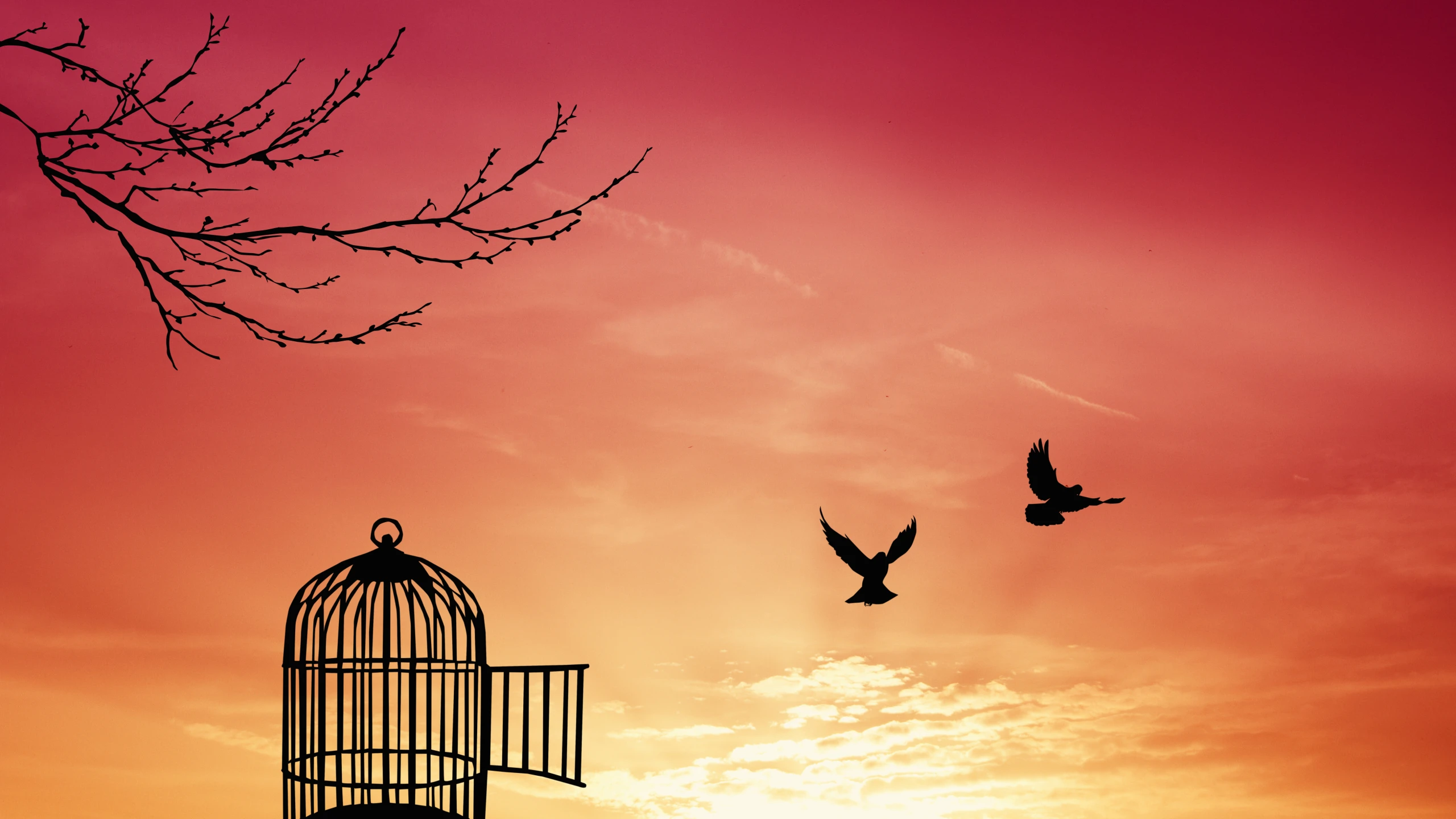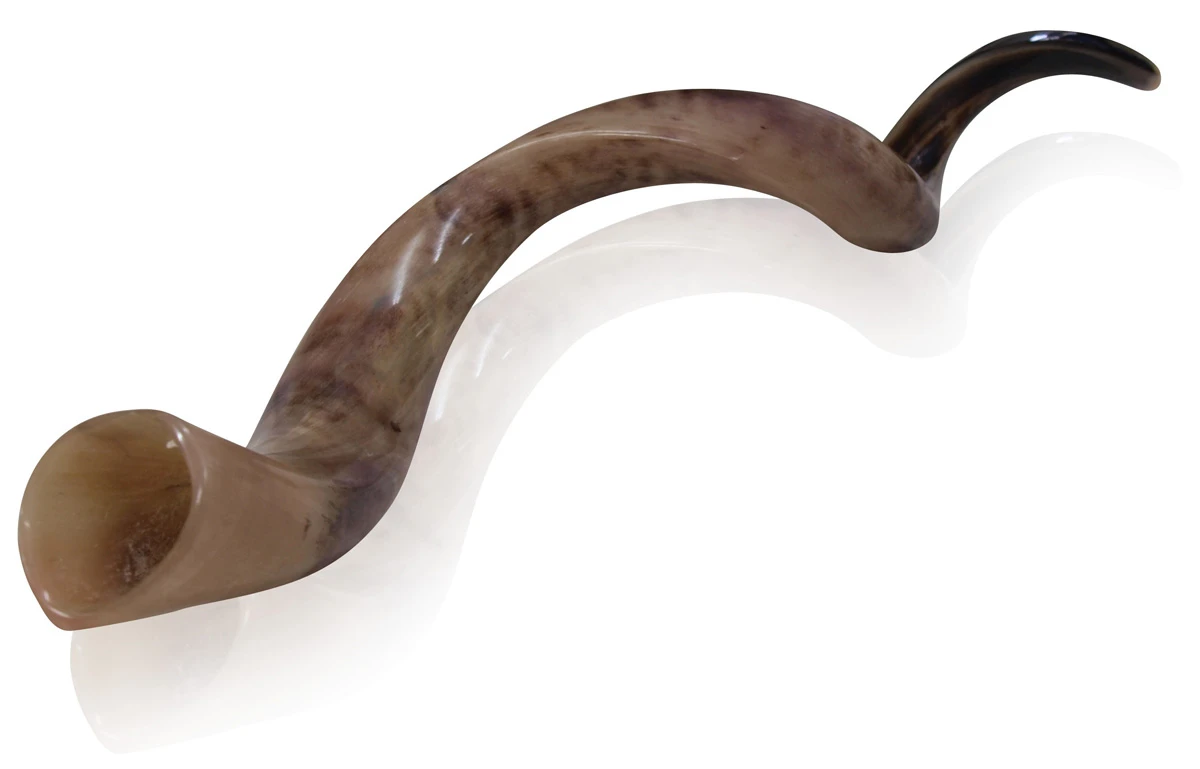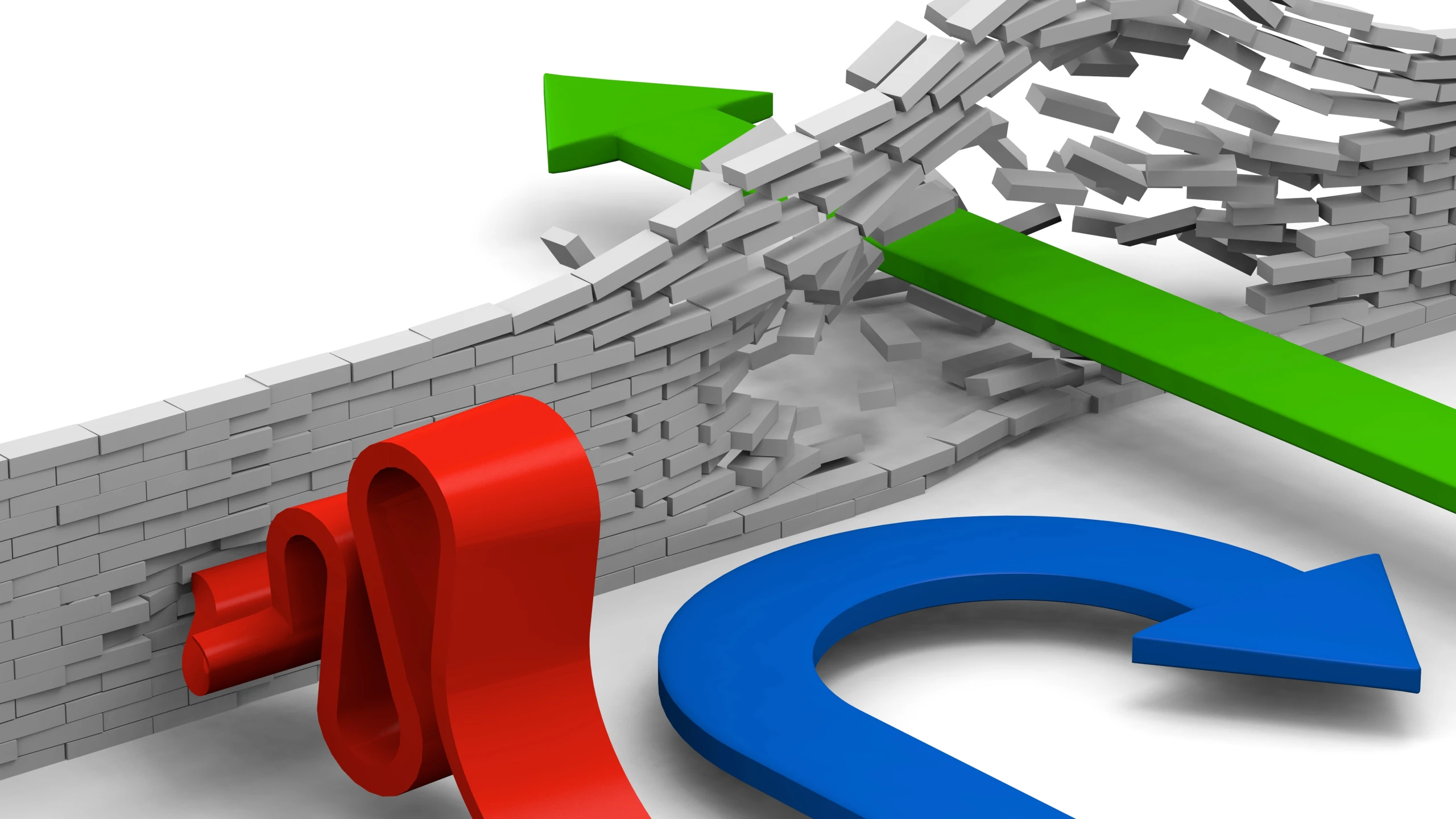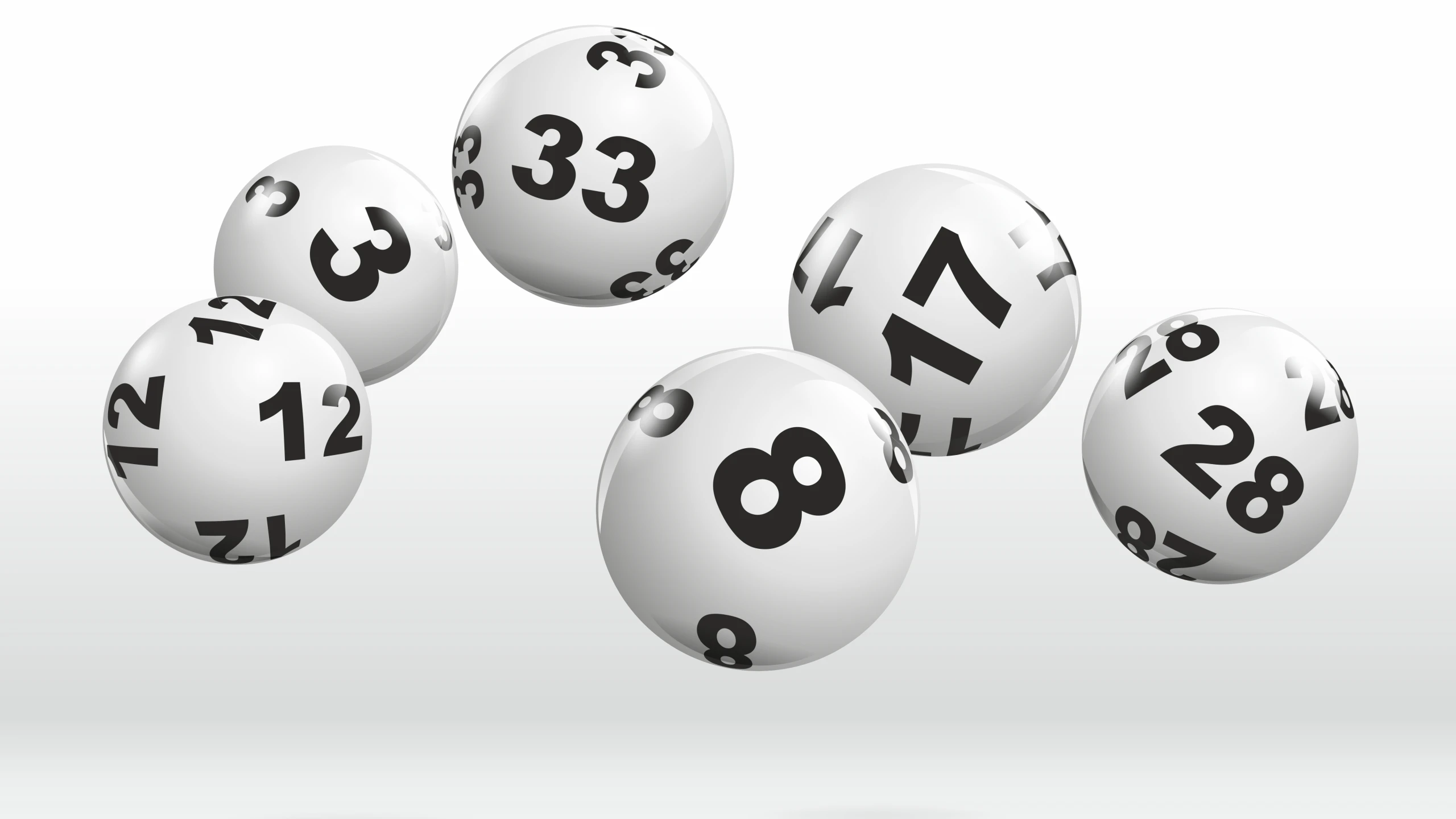The Perfection of Imperfection: The Secret of Matanos L'aevyonim
How to Give Charity on Purim -- And All Year
- March 7, 2017
- |
- 9 Adar 5777
Rabbi YY Jacobson
3293 צפיות- 2תגובה
- התקשרות
האזינו לכיתה בטלפון
שִׂיחָה +1 (845) 201-1933
כשתתבקש, חייג את מספר הזהות שלהלן.
4142 MP3 MP4 - העתק הטמעה
This class was sponsored by attorney Zev Goldstein. Don't pay that ticket! For more information, please google lawyer Zev Goldstein.
סיכום השיעור:
This women's class on Purim was presented on Tuesday, 9 Adar, 5777, March 7, 2017, at Ohr Chaim, Monsey, NY.
The most special of the four mitzvos we are obligated to do on Purim—listening to the Megillah, sending gifts of food to a friend, and enjoying a feast—is “Matanos La’evyonim,” giving gifts to the poor. Yet there is something amiss here: Why did the Bible, in the book of Esther, as well as the all of the Talmudic and halachik literature, designate the term “matanos laevyonim,” gifts to the poor, rather than use the standard version—“tzedaka laevyonim,” charity to the poor?
The Talmud relates that G-d says He needs an “atonement” every month for diminishing the moon. If G-d feels guilty why does he not repair His actions? But how can G-d even do anything “wrong?”
According to the Midrash, King David requested from G-d to streamline the entire world. David said: Master of the universe! Let everyone sit equally before you, both the rich and the poor. Let all people have equal means. Imagine! Thousands of years before Karl Marx, King David could not understand why is our world divided between the rich and the poor?
The handicapped young man was abandoned by his parents as an infant. He has never seen them or spoken to them. After 30 years he finally met them. These were his words: “Mumma, Puppa… I, I am not perfect. You, too, you are also not perfect. I have forgiven you. Can you forgive me?”
This class, based on a talk of the Lubavithcer Rebbe, Purim 1971, explores the essence of the human struggle on earth and the unique experience of giving charity on Purim.
תגים
קטגוריות
Rabbi YY Jacobson
- March 7, 2017
- |
- 9 Adar 5777
- |
- 3293 צפיות
This class was sponsored by attorney Zev Goldstein. Don't pay that ticket! For more information, please google lawyer Zev Goldstein.
שיעורים בסדרה זו
אנא עזרו לנו להמשיך בפעילותנו
הרשמה לקבלת תוכן (באנגלית) עדכני מאת הרב יוסף יצחק ג'ייקובסון
צרפו חברים ומשפחה לקבוצת הווסטאפ שלנו
צרפו חברים ומשפחה לקבוצת הווסטאפ שלנו















אנא השאירו את תגובתכם למטה!
Rachel -7 שנים לִפנֵי
Summary
Matanos Levyonim -- The lesson:
We are all equal givers and takers & all imperfections are really perfect from Hashem's perspective.
That's why on Purim it's called a gift & not charity as we would refer to it all year. Because it's on Purim, when we reach the level of 'ad delo yoda' that we realize this concept.
The lesson is based on the history of the creation of the sun and the moon which were first called the 2 big lights then the moon was minimized.
But after a closer look we realize that from hashems perspective they are still both considered "the 2 big lights" because the moon (and people that are like the moon with their ups and downs) fulfilling it's mission is just as special as the sun's big light which comes all from hashem too.
השיבו לתגובה זו.סמן את התגובה הזו.
Rachel -7 שנים לִפנֵי
Women
This gave a deep and fascinating understanding to a part of Yidishkeit ,that I never gave much thought to.i see every thread in Yidishkeit is vital and holds so much weight, way more we can begin to imagine .
Dr. Northrup talks extensively how we woman are very connected to the moon, physically and emotionally.
Women find that they are at the peak of their expression in the outer world from the onset of their cycle until ovulation. It is the time of idea and creativity. After ovulation it becomes a more reflective time of what was created on the negative or difficult aspects of our lives and women go through a period of darkness each month. When life force may seem to disappear. Before the cycle women have access to parts of our unconscious selves that are less available at other times of the month.the right hemisphere of the brain which is associated with intuitive knowing becomes more active. The woman's cycle is a parable to Klall Yisroel , maybe that's why Rosh choidesh is associated to the women
השיבו לתגובה זו.סמן את התגובה הזו.